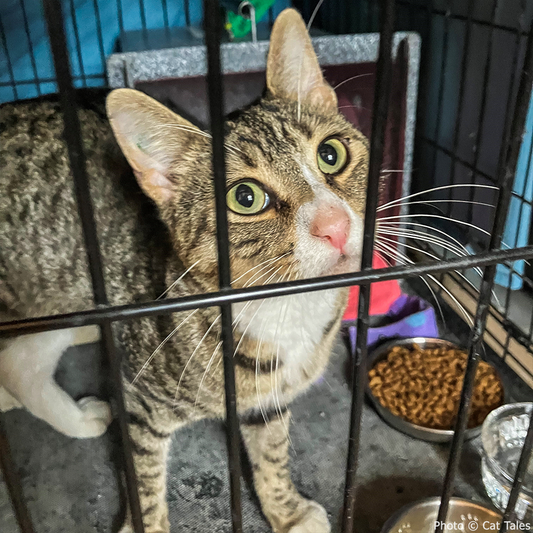Unique Salamander Species is Critically Endangered, and You Can 'Adopt' One to Help
Michelle Milliken
The elusive axolotl, a descendant of the tiger salamander, is found in central Mexico, primarily in Lake Xochimilco. These unique amphibians keep their juvenile characteristics as they age, including their gills, tail, and a body fin. They use their gills to breathe underwater. Unfortunately, their habitat has largely been depleted due to drainage projects. This, along with the pet trade, pollution, and competition from other animals, has left them critically endangered in the wild. To help save this species, though, you can now “adopt” one.
Mexico’s National Autonomous University has launched its annual Adoptaxolotl campaign, which allows people to virtually adopt the amphibians for 600 pesos, or about $35. That includes the chance to name their adoptee and gets them a certificate of adoption. If supporters want to contribute a bit less, they can also pay for a virtual dinner or habitat for the animal. Last year, the effort raised more than 450,000 pesos, or $26,300, to help with an experimental captive breeding program and to restore habitat in the Aztec canals of Xochimilco.
According to Luis Zambrano, an ecologist at the university, there were about 6,000 axolotls per square kilometer in Lake Xochimilco more than 20 years ago. However, the last count, which occurred in 2014, had them down to about 36 per square kilometer.
This population decrease is largely due to pollution, habitat degradation, and water diversion, all stemming from an expanding human population in their habitat. Escaped rainbow trout from farms also compete with axolotls for food.
Through Adoptaxolotl, pest-free refuges are funded for the animals. The refuges are created by installing filters on Lake Xochimilco’s canals, which helps give them better water quality on average than the surrounding area. The hope is that these efforts will help save the animals in the wild.
Zambrano says, "We know what to do. We know where to do it. And we know that if we do that in those places, we will have a healthy population of axolotls. But if society doesn't care too much, it doesn't matter what we know. It will go extinct."
To adopt your own axolotl, click here.
Michelle has a journalism degree and has spent more than seven years working in broadcast news. She's also been known to write some silly stuff for humor websites. When she's not writing, she's probably getting lost in nature, with a fully-stocked backpack, of course.























